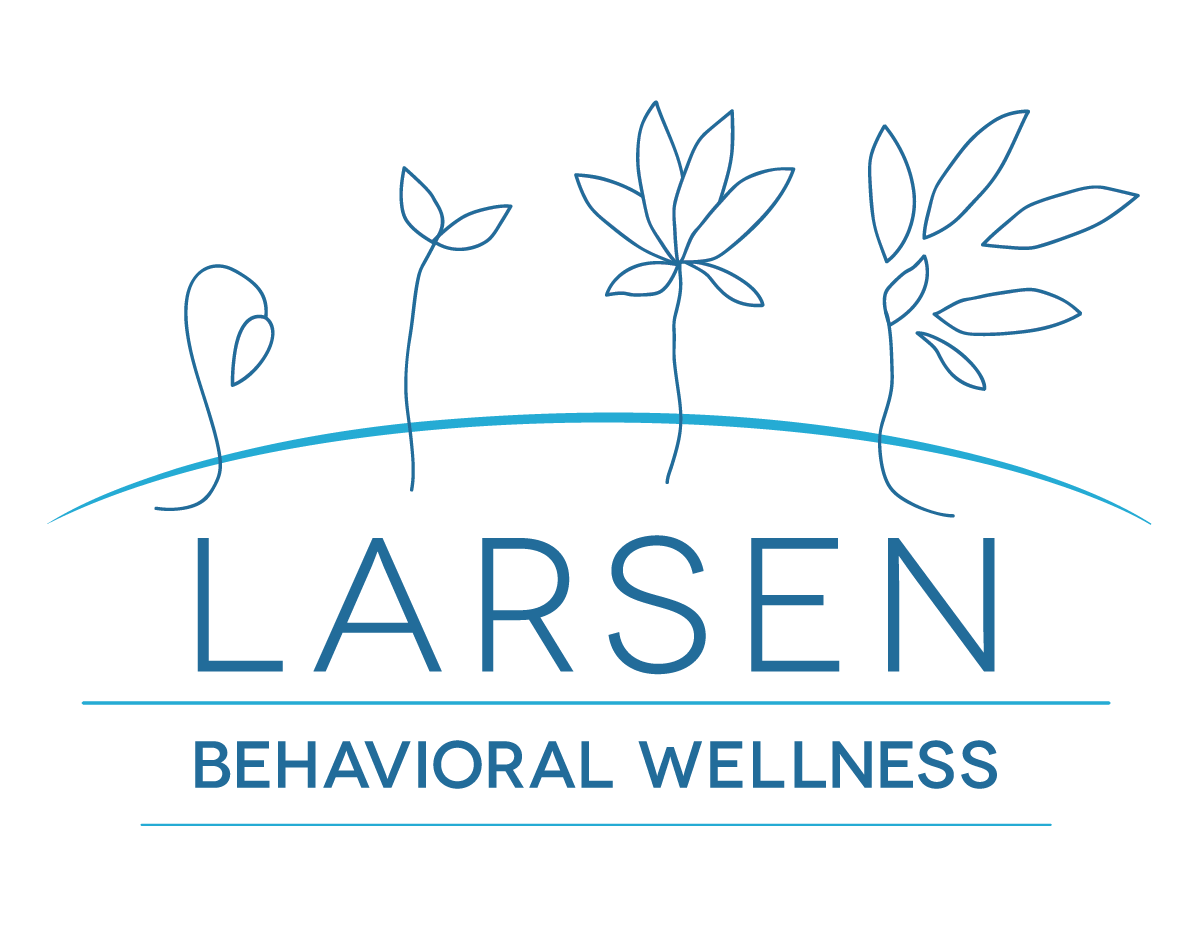Coping With Global Conflict: Strategies to Manage Anxiety in the Age of Social Media
In a world where conflict seems to be a constant presence, our minds can become battlegrounds of anxiety and uncertainty. As we scroll through our social media feeds, the influx of distressing news and images can stir up a whirlwind of emotions, leaving us feeling overwhelmed and on edge.
Finding ways to navigate this digital landscape while safeguarding our mental well-being has become a pressing concern for many. Come along as we explore practical strategies and insightful approaches to managing anxiety in the face of global conflict in the age of social media.
Recognizing Triggers and Setting Boundaries
In managing anxiety related to global war coverage, recognizing triggers and establishing boundaries are crucial steps in safeguarding our mental well-being. It's essential to recognize what specific situations, images, or discussions that trigger feelings of anxiety, worry, or stress. For instance, some individuals may be distressed when looking at particular groups of people or particular activities. For many pictures of children suffering are particularly distressing. By identifying what our triggers are, we can proactively take steps to limit our exposure to them, thus reducing the likelihood of experiencing heightened anxiety levels.
Setting boundaries is equally important in managing our mental health amidst global war. This involves knowing when to engage with news or social media content about conflicts and when to step back for our well-being. Establishing boundaries may include allocating specific times to consume war-related news, limiting the duration of exposure, or avoiding certain types of graphic content that intensify feelings of anxiety and distress.
Sometimes it can be difficult to predict when our triggers are going to be present. You may only open your social media app and be bombarded with the latest pictures of the middle east or Ukraine. Because the information and triggers can seem so ubiquitous, it may be necessary to set more severe boundaries for yourself and disconnect for a “media detox”. If it’s difficult to disconnect, you aren’t alone. Therapy can be beneficial in helping to set boundaries and to understand the thoughts that are driving your media consumption. For some, a sense of responsiblity to be informed may be at play. For others, it’s concern about family or friends in conflict zones. Understanding the why of media engagement is critical to understanding how to disengage. Working with a therapist during a “media detox” can be life changing.
Engaging in Mindfulness Practices
If online media is a constant source of overwhelm, mindfulness practice is the antidote. Minfulness practices allows us to cultivate awareness of our thoughts, emotions, and surroundings, fostering a sense of calm and presence. Mindfulness serves as a powerful tool to ground ourselves and navigate the turbulent waters of emotional turmoil.
Practicing mindfulness involves intentionally focusing on the present moment without judgment. Through techniques such as deep breathing, body scans, and meditation, we can create a mental space that allows us to observe our reactions to external stimuli without getting swept away by them. This practice enables us to acknowledge the distressing information we encounter while maintaining a sense of inner peace and stability.
Seeking Support From Trusted Individuals and therapists
Seeking support from trusted individuals and therapists can provide valuable assistance in navigating the emotional toll of consuming distressing news about global conflicts. When faced with overwhelming feelings of anxiety and helplessness due to the constant exposure to such traumatic events, reaching out for support can offer a sense of relief and comfort. Here are some ways in which seeking support can aid in managing the emotional impact of distressing news:
- Validation and Understanding: Having someone listen and validate your feelings can help you feel understood and less alone in your emotional struggles.
- Perspective and Guidance: Trusted individuals and therapists can offer a fresh perspective on the situation and provide guidance on coping strategies to navigate through the distress.
- Emotional Release: Talking about your emotions with someone you trust can help release pent-up feelings and reduce the emotional burden you may be carrying.
- Connecting locally: Sharing your thoughts with those you trust may help you find local outlets to free you from feelings of helplessness. Local therapists, community leaders, religious leaders, and other trusted individuals are connected to the community in ways that are often underappreciated. They may be able to provide you with direction on how to help with the various conflicts going on in the world. Volunteering time and connecting locally often lead to feelings of empowerment and relief.
Seeking support isn't a sign of weakness but a proactive step towards prioritizing your mental well-being during challenging times. Remember, you don't have to face these emotional challenges alone; support is available, and seeking it's a courageous decision towards healing and resilience.
Limiting Exposure to Distressing Content
By managing our exposure to distressing content, we can proactively protect our mental well-being in the age of social media. With the constant influx of news and media coverage highlighting conflict and distressing events, it's crucial to be mindful of the content we consume. Limiting exposure to distressing content can help prevent feelings of anxiety, fear, and hopelessness that often arise from such media.
One way to limit exposure is by setting boundaries on the amount of time spent consuming news or social media. Constantly checking for updates on distressing events can heighten feelings of stress and anxiety. Designating specific times to catch up on news can help control the level of exposure and prevent overwhelming feelings.
Additionally, curating our social media feeds can also play a significant role in managing exposure to distressing content. Unfollowing accounts or pages that frequently share upsetting news can create a more positive online environment. Instead, following accounts that promote positivity, inspiration, and well-being can help balance the content we see.
Being selective about the sources we follow and the content we engage with online is essential for safeguarding our mental health. By taking control of what we consume, we empower ourselves to maintain a healthier relationship with social media and the news, ultimately fostering a sense of safety and well-being in the digital age.
Engaging in Positive Self-Care Practices
To effectively navigate the challenges of managing anxiety in the age of social media, prioritizing consistent and nurturing self-care practices is paramount. Engaging in positive self-care practices can help us maintain emotional well-being amidst the overwhelming digital landscape.
Here are some strategies to support your self-care journey:
- Mindful Breathing: Taking a moment to focus on our breath can bring a sense of calm and grounding, helping us navigate stressful situations with more clarity and ease.
- Journaling: Expressing our thoughts and feelings on paper can be a powerful way to process emotions, gain insights, and relieve mental tension.
- Connecting with Nature: Spending time outdoors, whether it's a walk in the park or simply sitting by a window with a view of nature, can rejuvenate our spirits and provide a much-needed break from screen time.
- Practicing Gratitude: Cultivating a mindset of gratitude by acknowledging the positives in our lives, no matter how small, can shift our perspective towards a more optimistic outlook, fostering resilience in the face of adversity.
Conclusion
In conclusion, let's remember to take a moment to breathe and remind ourselves that we can't solve global conflicts with just a scroll and a click.
So, let's indulge in some self-care, like a cup of tea or a funny cat video, because at the end of the day, our mental well-being is just as important as staying informed.
Let's navigate the chaotic waters of social media with a touch of humor and a sprinkle of self-love.
If this blog has sparked your interest in exploring how therapy can help you cope with the stress of war in the age of social media, reach out to us today. Our therapists would be happy to help you tone down your anxiety to open space for mental peace.
Key Takeaways
- Recognize triggers and set boundaries to limit exposure and reduce anxiety levels
- Engage in mindfulness practices to cultivate awareness and foster calm amidst distressing news
- Seek support from trusted individuals and therapists to gain perspective and coping strategies
- Limit exposure to distressing content by managing time spent on news and social media




